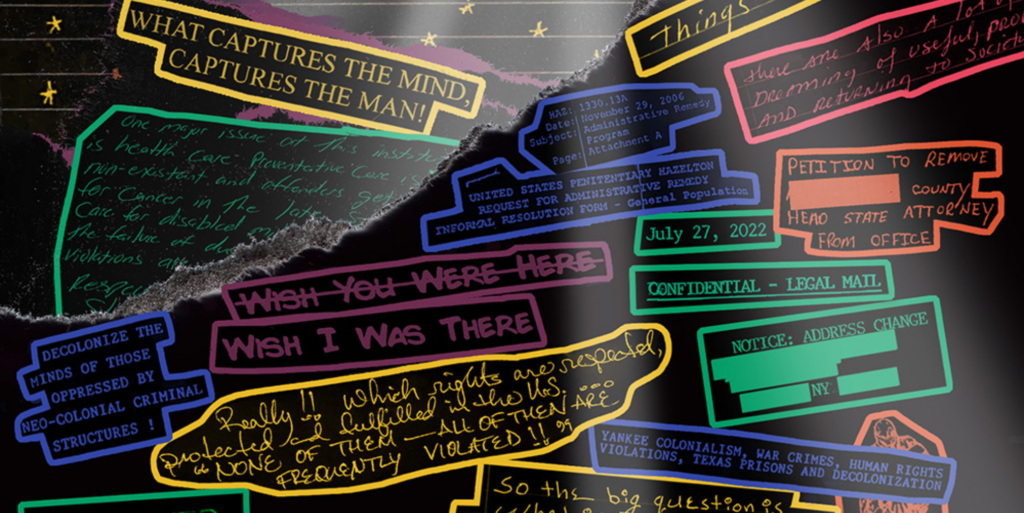Originally posted on the HowlRound blog.
Talk a little about what being in a residency means to you as an artist and how the notion of residency influences your artistic practice.
Health insurance. Weekly salary. A place to work. My residency brought me all of these gifts and freed me up to spend my time writing instead of scrambling for extra jobs. It also buoyed me in moments of doubt to know that there were people who had faith in me as a playwright, who were encouraging me to keep going. It tempered the nauseating isolation I often feel while writing alone.
What are you working on during your residency?
I worked on my newest play, Grand Concourse, which just had its premiere at Playwrights Horizons. The theater hosted several workshops and I devoted the year to rewriting based on what I learned from the actors. While researching my play, I also used the Tow Foundation support to live for a bit at a Bridgettine Convent. I spent my time there writing, interviewing nuns, and staying up late into the night to argue with the ninety-four-year-old Monsignor. I read a lot. I goofed around. I also started working on a new performance piece called “What the Constitution Means to Me.” I’ll perform an excerpt from that at Dixon Place in January. It’s a commission from True Love productions.
How do you define home as a playwright? How important is it to have a place you call your “artistic home?”
Maybe because I often feel homeless as a playwright, I rely on the director, actors, and designers to help me create a sense of home, a sense of family. Or I turn to other playwrights. I belong to a couple of writing groups, including one with Clubbed Thumb, a company that has been an artistic oasis for me since I moved here ten years ago. With this residency Playwrights Horizons and the Tow Foundation become part of that family—and that was wonderful. The Tow Foundation folks were deeply invested in my play without ever trying to influence what it became. They showed up for workshops and rehearsals to witness the evolution of the production and cheer it along. It felt like the play had a fairy godmother. I also felt lucky to be surrounded by these people who had genuine faith in my work, who cared if I got up in the morning. I would say it’s important to me to have an artistic home, but it doesn’t need to be a building or even a theater. It’s more about the people.
What are your aspirations as a playwright? When you imagine yourself ten years from now, where are you and what are you doing?
Hmmmm. I hope that in ten years I’ll have a body of work that will shock the current me. Like if I could jump through a time tube and plop down in the audience for one of my future shows I might think, “Who the hell wrote this?” I hope to be making work I can’t imagine yet.
Read @ HowlRound
